NiTi • Nitinol Shape Memory Wire Sample Pack
Sample Pack 7 consists of:
- 1 foot 0.5mm 70ºC phase transition nitinol wire
- 1 foot 1.0mm 15ºC phase transition nitinol wire
- 1 foot 1.0mm 40ºC phase transition nitinol wire
- 1 foot 1.0mm 80ºC phase transition nitinol wire
- 1 foot 2.0mm 80ºC phase transition nitinol wire
- 7 inches 2.0mm 40ºC phase transition nitinol wire
- 7 inches 2.0mm 60ºC phase transition nitinol wire
This sample packs lets you get a wide selection of nitinols to play with, so that you gain a better understanding of the material and help decide on which is better suited for your application. You can access the main listing to purchase any gauge, transition temp, diameter, and quantity here (click).
Characteristics
The wire has a lustrous titanium color (dark grey) with a bluish oxide tint on its surface. When freshly cut, the inner core is nickel white. Nitinol is very abrasion resistant and has self-healing properties, so the wire is quite hard to cut and kink. It does not require any special handling or protections from oxidation or moisture, and is non-toxic. The best way to damage it is by overheating it, so if you are using electricity instead of hot water to activate it be sure to use a current limiting circuit. Video in slo-mo, ending is at around 16x slow, notice the interesting sound.
Transition Temperatures
Nitinol changes its crystalization pattern at more than 1 temperature point. The stoichiometric ratio of Ni to Ti, impurities, and post-processing determine the mechanical characteristics of your nitinol.
All transition temperatures are specified in Celsius ºC. The temp indicated is an approximation of where the alloy begins to undergo the crystalline transformation. It occurs over a fairly wide temperature range. So, a 40C rated wire will perform faster and stronger at 80C.
At room temperature, an 80C wire will be substantially more malleable and soft to your fingers, the 40C will be more difficult to bend, and the 15C will feel like spring steel. The 15C will react to a heat source up to 80C, while 80C NiTi is more suitable for exposure up to 150C. The 15C will be malleable at and below freezing temperatures.
Return Transition Phase
A common question concerns the ability of the alloy to transition back to its cold shape upon cooling (double dipping). This alloy will exhibit a slight mechanical effect upon cooling, however it does not exhibit nearly the same level of energy as upon heating. The effect is most noticeable in the 15C wire however is mildly present in all of these alloys.
Purchase Options
- This listing is for a sample pack in the quantity listed in the description
- When you order multiple quantities we will increase the length of each wire and will not cut/separate into multiple packs, so you can cut later as you wish.
- You are welcome to combine this purchase with more nitinol wires here.
We Also Recommend
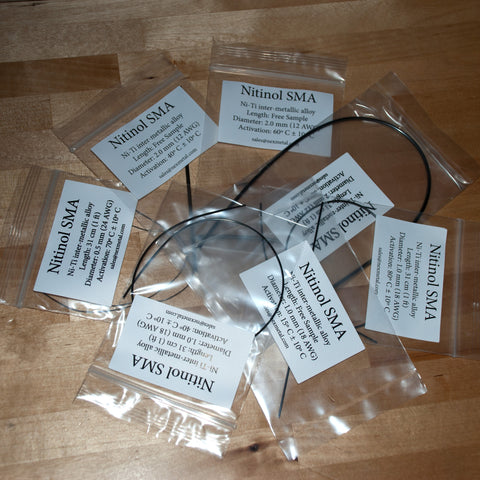
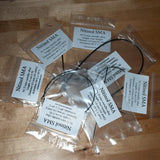
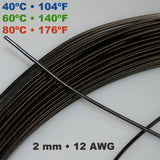
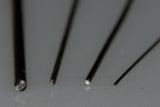
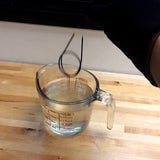
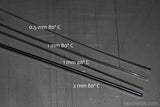
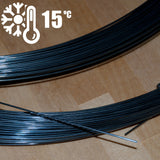
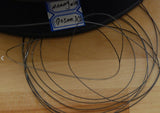
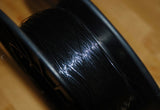
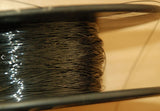


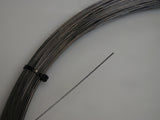
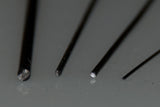


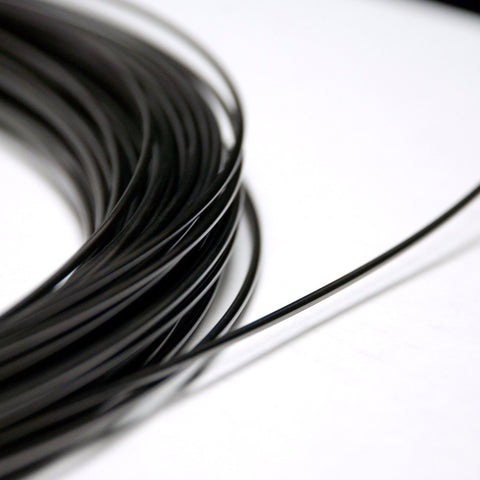
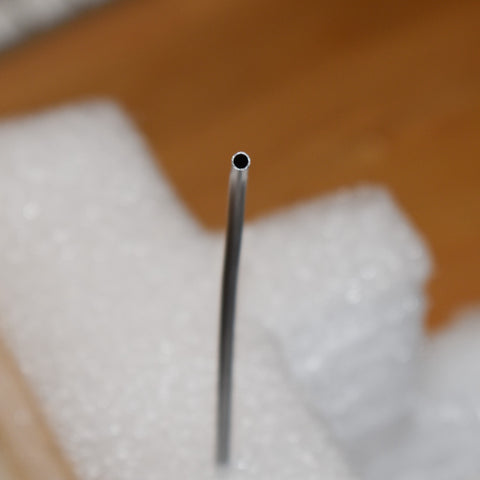
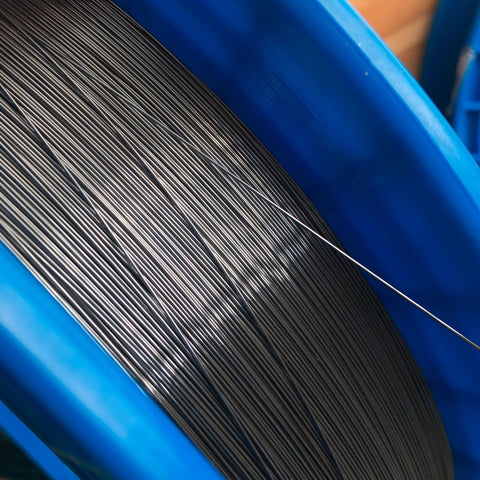

![Nitinol Shape Memory Alloy Sheet; 1mm (0.04") thick; Af 80-90°C [176-194°F]](http://nexmetal.com/cdn/shop/products/DSC_0468_e1598282-1790-458d-9686-2e1a8293029e_large.jpg?v=1547961929)